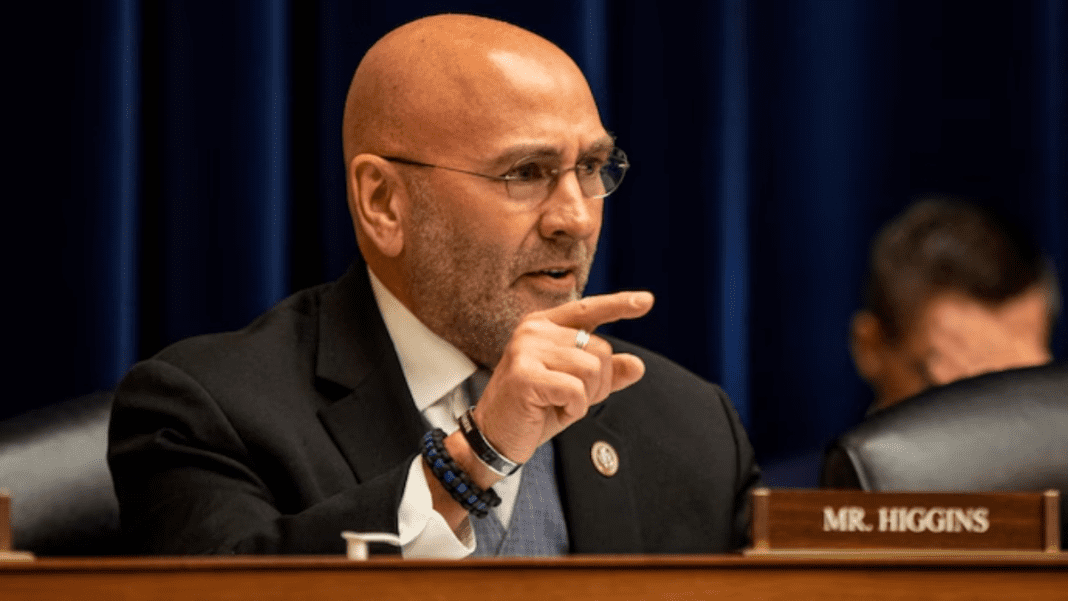Congressman Clay Higgins of Louisiana stood alone in voting against a bill that would release sensitive files tied to convicted sex offender Jeffrey Epstein. The rest of Congress, across both parties, voted overwhelmingly in favor of making the documents public. The House vote ended with a staggering 427 to 1 result, marking a rare moment of bipartisan agreement on Capitol Hill.
The bill aims to release investigative records related to Epstein’s criminal activities. Supporters argued that the files are essential for transparency and public accountability. Higgins, however, said the bill could endanger innocent people connected to the investigation if enacted in its current form.
Why Higgins Voted “No”
Higgins explained that the legislation threatens the privacy and safety of Epstein’s victims, witnesses, and family members. He warned that releasing the files could lead to personal information being exposed to the media and the public, potentially causing significant harm.
White House romance stunt backfires — Newsom hijacks Trump–Melania post with brutal Epstein jab
He emphasized that the bill abandoned 250 years of established criminal justice procedures in the United States. Higgins stated that he would support the legislation if the Senate made amendments to better protect private information. However, Senate Republican leader John Thune suggested that changes were unlikely after the House vote, given the overwhelming support for the bill.
Despite Higgins’ lone opposition, the bill received near-unanimous support in the House. Many Republicans who had initially hesitated, including Thomas Massie, Lauren Boebert, Nancy Mace, and Marjorie Taylor Greene, ultimately supported the legislation after President Donald Trump dropped his objections.
Higgins made clear that his primary concern was safeguarding the personal information of Epstein’s many victims. He stressed that the broad release of criminal investigative files could result in innocent people being hurt if sensitive details were exposed to media scrutiny.
The digital tactics Jeffrey Epstein used to push down reports of his crimes
A History of Bold and Controversial Stances
Higgins is known for taking unconventional positions and has previously made headlines for controversial remarks on social media. In 2024, House Republicans voted to censure him for offensive comments about Haiti. In 2020, Facebook removed two of his posts after they violated policies against inciting violence, including a threat aimed at potential armed protesters.
Before joining Congress, Higgins served in Louisiana’s St. Landry Parish Sheriff’s Office, where a controversial anti-crime video led to public backlash and his resignation in 2016. Despite these controversies, Higgins has remained a prominent conservative voice, often taking stands that contrast with the majority of his party.
His vote on the Epstein bill reflects this independent approach. While almost every other lawmaker supported the legislation, Higgins focused on the potential impact on innocent people rather than political alignment.
The Bill Moves Forward
After passing the House, the bill quickly moved through the Senate with unanimous approval. With the President expected to sign it, the legislation will soon make Epstein’s investigative files publicly accessible. Supporters view this as a significant step toward transparency in a high-profile criminal case, while Higgins continues to highlight the risks to those indirectly involved.
The vote has drawn attention both for its overwhelming consensus and the principled stand of a single lawmaker who prioritized personal safety concerns over political agreement. The legislation demonstrates the ongoing tension between openness in government and the protection of sensitive personal information in criminal investigations.
